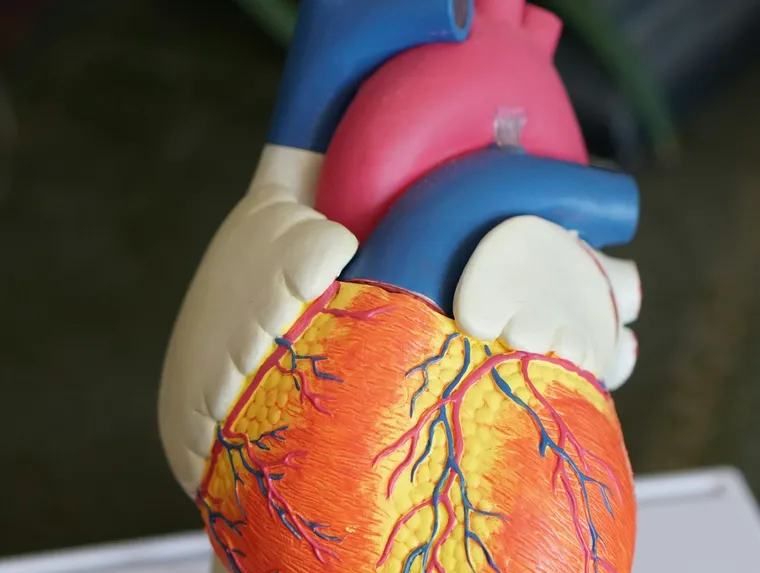Learn about various strategies, from lifestyle changes to medications, that can effectively lower cholesterol levels. Empower yourself with knowledge to make informed decisions for your heart hea
Understanding High Cholesterol
High cholesterol, also known as hypercholesterolemia, is a condition where there are elevated levels of cholesterol in the blood. Cholesterol is a fatty substance that is essential for building cells, but too much can increase the risk of heart disease and stroke. It is important to distinguish between LDL (low-density lipoprotein), or 'bad' cholesterol, and HDL (high-density lipoprotein), often referred to as 'good' cholesterol. LDL cholesterol can lead to plaque buildup in arteries, thereby obstructing blood flow, while HDL cholesterol helps remove excess cholesterol from arteries. Managing high cholesterol typically involves lifestyle changes such as adopting a healthier diet and increasing physical activity.

Natural Supplements and Herbs for Cholesterol Management
Incorporating natural supplements and herbs can be an effective addition to your cholesterol management regimen. Ingredients such as omega-3 fatty acids, found abundantly in fish oil, help reduce triglycerides. Soluble fiber supplements, including psyllium husk, may aid in lowering LDL (bad cholesterol). Additionally, plant sterols and stanols, natural compounds found in fruits, vegetables, and nuts, can help block the absorption of cholesterol in the intestines. Garlic supplements are also widely praised for their potential cholesterol-lowering effects. When integrating these natural options into your lifestyle, always consult with your healthcare provider to ensure they fit within your overall treatment plan.
Medications for High Cholesterol: What You Need to Know
Medications to manage high cholesterol often include statins, which are HMG-CoA reductase inhibitors aimed at reducing your body's cholesterol production. However, statins aren't suitable for everyone, and that's where other medications come into play. Cholesterol-lowering combination medicines can offer a versatile approach by addressing high blood pressure and high cholesterol together. These combinations might consist of two distinct cholesterol medications, maximizing their efficacy. The choice to prescribe any medication depends on your specific cholesterol levels and additional risk factors for heart and vascular diseases, ensuring a tailored treatment plan that aligns with your health needs.
